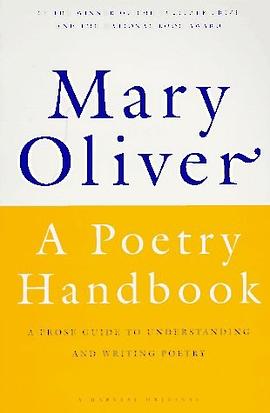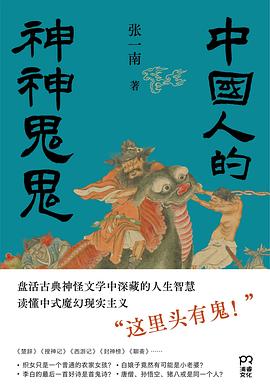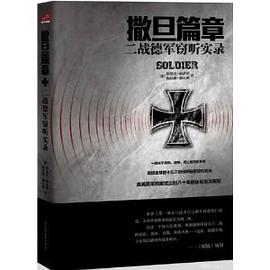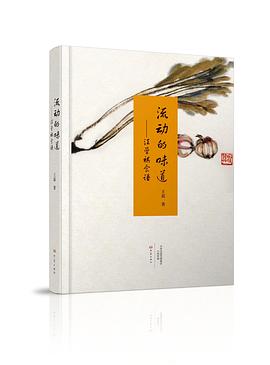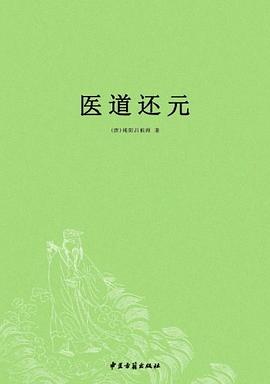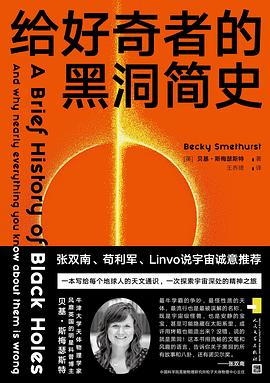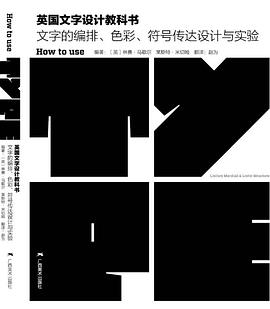内容简介
National Book Award winner Oliver ( New and Selected Poems ) delivers with uncommon concision and good sense that paradoxical thing: a prose guide to writing poetry. Her discussion may be of equal interest to poetry readers and beginning or experienced writers. She's neither a romantic nor a mechanic, but someone who has observed poems and their writing closely and who writes with unassuming authority about the work she and others do, interspersing history and analysis with exemplary poems (the poets include James Wright, William Carlos Williams, Elizabeth Bishop, Marianne Moore and Walt Whitman). Divided into short chapters on sound, the line, imagery, tone, received forms and free verse, the book also considers the need for revision (an Oliver poem typically passes through 40 or 50 drafts before it is done) and the pros and cons of writing workshops. And though her prose is wisely spare, a reader also falls gladly on signs of a poet: "Who knows anyway what it is, that wild, silky part of ourselves without which no poem can live?" or "Poems begin in experience, but poems are not in fact experience . . . they exist in order to be poems."
Copyright 1994 Reed Business Information, Inc.
......(更多)
作者简介
......(更多)
目录
Introduction
Getting ready
Reading poems
Imitation
Sound
More devices of sound
The line
Some given forms
Verse that is free
Diction, tone, voice
Imagery
Revision
Workshops and solitude
Conclusion
......(更多)
读书文摘
诗歌必须在情感自由的状态下被创作出来。此外,诗歌不是语言,而是语言的内涵。
......(更多)
